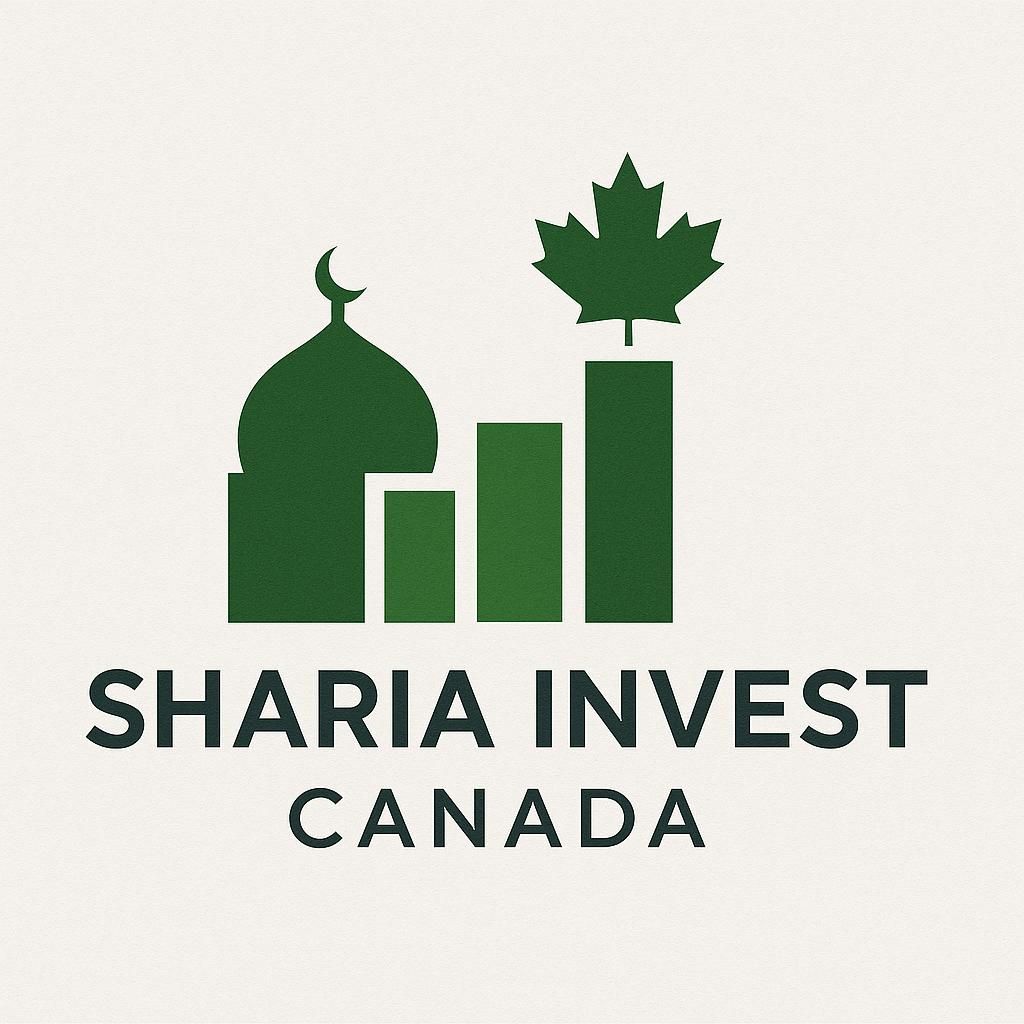Expert Tips for Successful Shariah-Compliant Investing in Canada
Investing in a manner that aligns with Shariah principles is increasingly gaining popularity among Canadian investors. Shariah-compliant investing involves adhering to ethical guidelines derived from Islamic law, focusing on social justice and fairness. For those new to this concept, understanding the intricacies of Shariah-compliant investment can be challenging. Here, we share expert tips to help you navigate this unique investment landscape successfully.
Understanding Shariah-Compliant Investments
Shariah-compliant investments are guided by principles that prohibit involvement in specific industries and practices deemed unethical, such as alcohol, gambling, and interest-based financial services. Instead, these investments focus on equity participation and profit-sharing models. A crucial aspect of Shariah investing is the adherence to ethical business practices and the promotion of social responsibility.
One of the essential steps in Shariah-compliant investing is screening potential investments. This process involves evaluating companies to ensure they meet specific ethical and financial criteria. There are specialized Shariah screening services and indices, like the Dow Jones Islamic Market Index, that can assist investors in identifying compliant opportunities.

Choosing the Right Investment Products
In Canada, there are several Shariah-compliant investment products available, including mutual funds, exchange-traded funds (ETFs), and individual stocks. When selecting these products, it's vital to conduct due diligence and seek products that have been certified by recognized Shariah scholars or boards. Certification ensures that the investment products adhere strictly to Shariah principles.
An essential aspect of choosing the right product is understanding the underlying assets. For instance, real estate and certain types of equities are popular options because they often align with Shariah guidelines. Additionally, Sukuk, or Islamic bonds, offer a compliant alternative to conventional bonds.

Working with a Financial Advisor
Partnering with a financial advisor who specializes in Shariah-compliant investments can be incredibly beneficial. These professionals are well-versed in the nuances of Islamic finance and can provide valuable insights and guidance tailored to your financial goals. They can assist in creating a diversified portfolio that aligns with your ethical values while optimizing for growth.
When selecting a financial advisor, ensure they have relevant experience and a robust understanding of both the Canadian market and Shariah law. This expertise is crucial for navigating potential challenges and maximizing investment returns.

Keeping Up with Market Trends
Staying informed about market trends is crucial for any investor, including those pursuing Shariah-compliant strategies. Regularly reviewing financial news, attending industry seminars, and engaging with investor communities can help you stay abreast of new opportunities and emerging risks.
Moreover, understanding global economic factors that influence markets can provide additional context when making investment decisions. This knowledge helps in anticipating changes that could affect your portfolio's performance.
Ensuring Continuous Compliance
As markets and companies evolve, continuous monitoring is necessary to ensure ongoing compliance with Shariah principles. Regularly reviewing your portfolio and consulting with your financial advisor can help maintain alignment with your ethical standards. This proactive approach aids in identifying any investments that may no longer meet compliance criteria, allowing for timely adjustments.
In conclusion, successful Shariah-compliant investing in Canada requires a combination of knowledge, due diligence, and expert guidance. By understanding the core principles, selecting appropriate products, working with experienced advisors, and staying informed about market trends, you can achieve a portfolio that aligns with both your ethical beliefs and financial goals.
